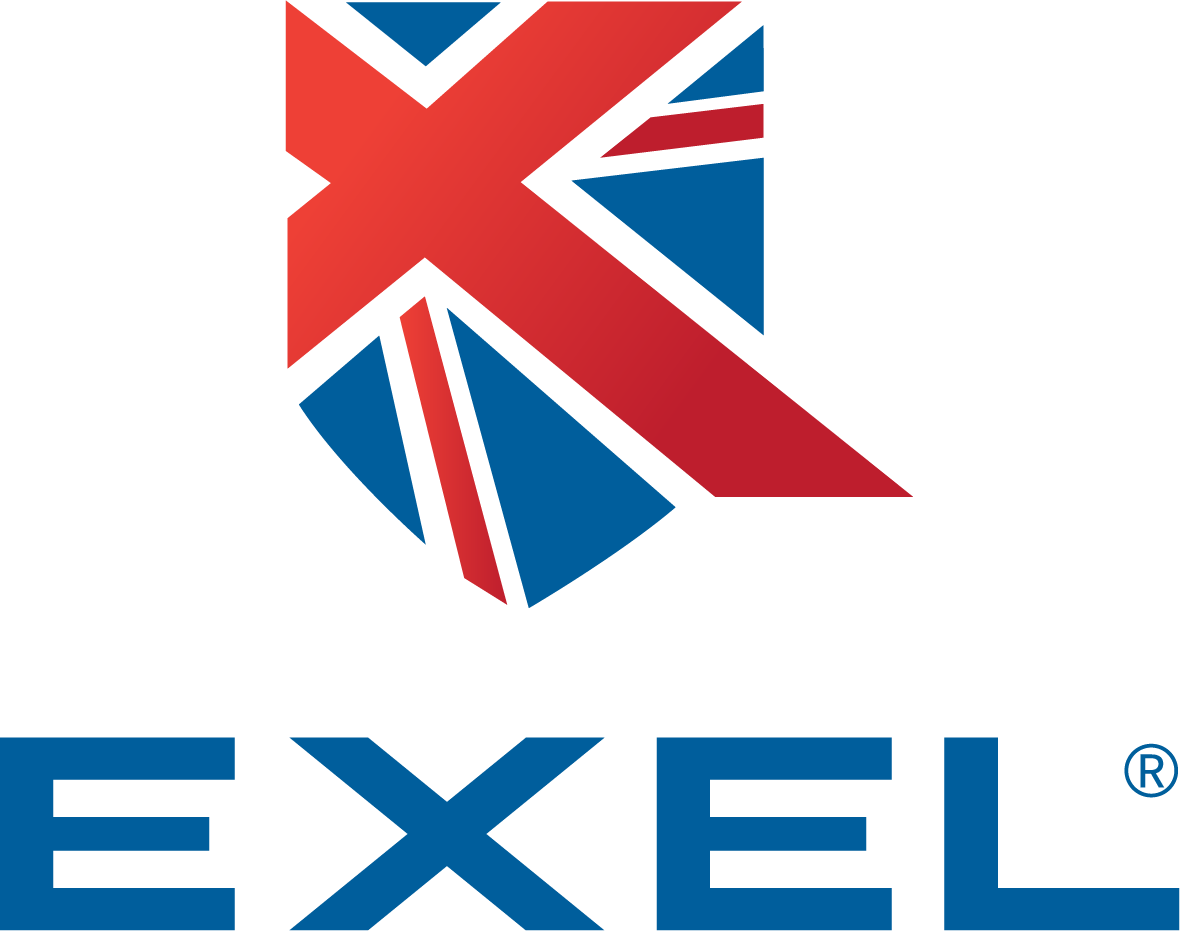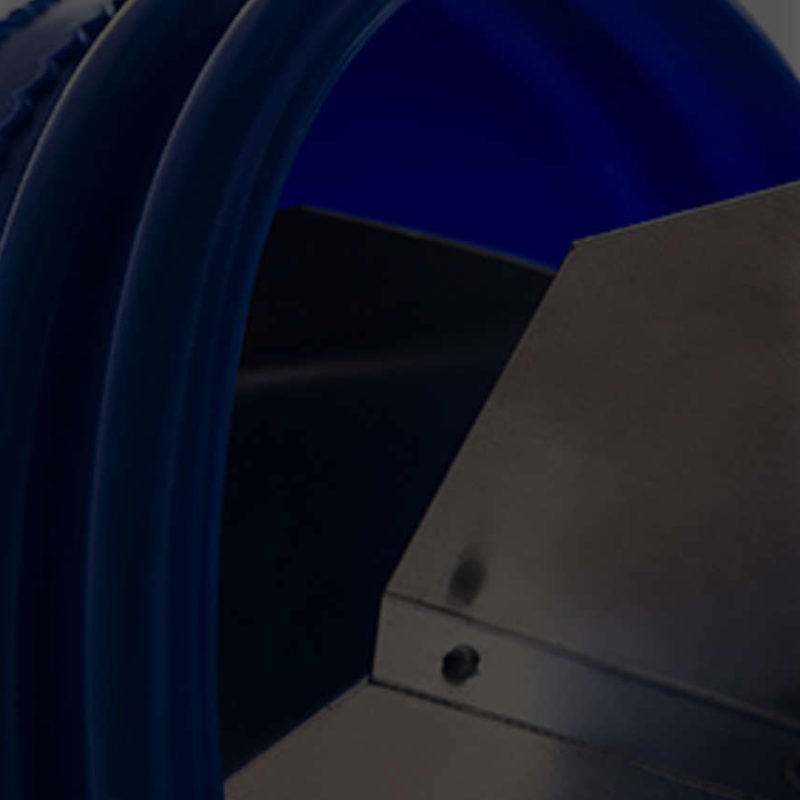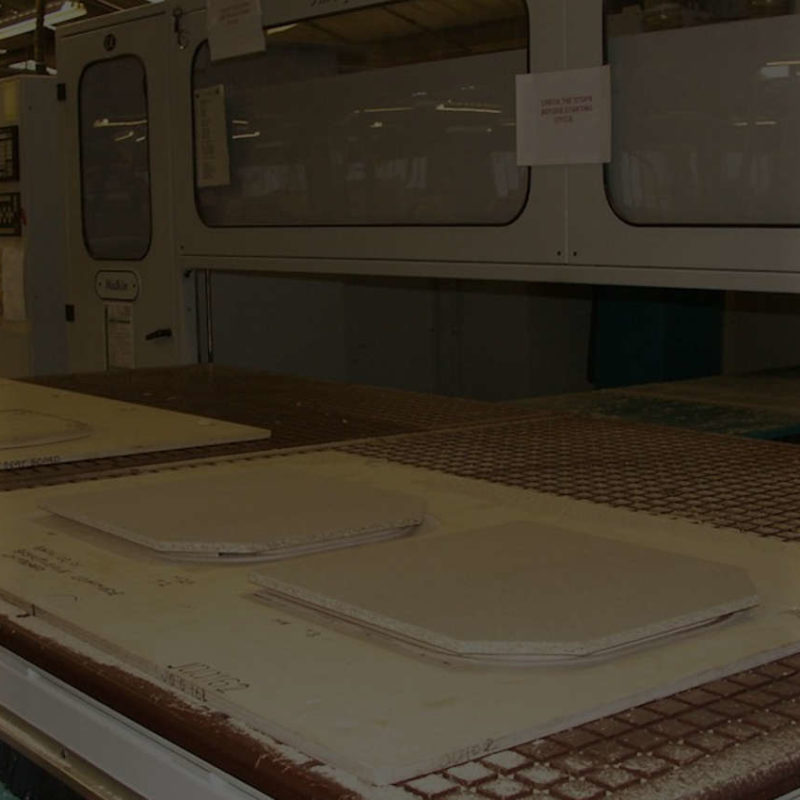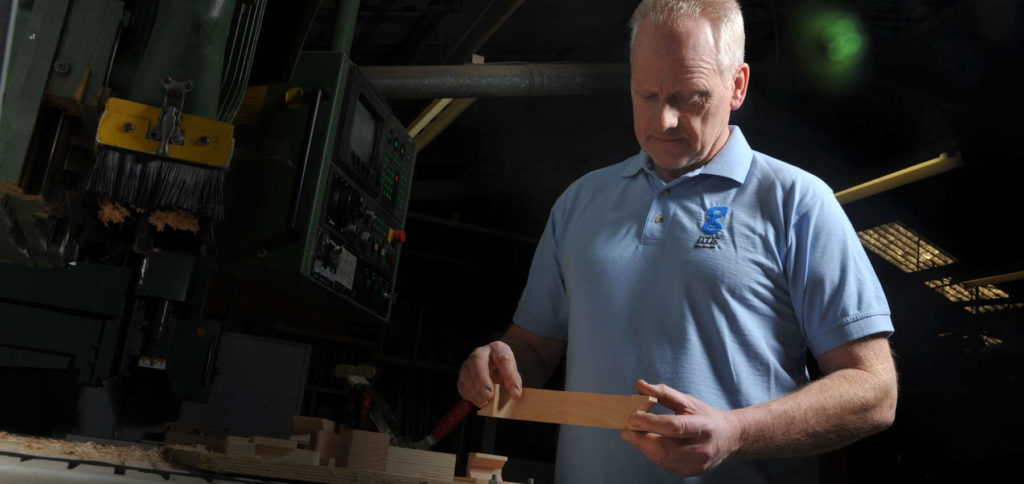Results
Gordon Ellis & Co successfully went live with EFACS E/8 in September 2012 with Alison noting, “I can’t really remember it, so it must have been ok” before adding, “seriously, it was really good.” The decision to get every user involved at the implementation stage meant that not only was there less potential resistance to change but also that everyone had high expectations of the new system. From the outset these were comfortably met. 18 months on and Alison identifies the increase in data accuracy as the biggest benefit the company has achieved so far. Not only has the increased functionality of the new system removed the need for a number of separate systems and workarounds where data issues could arise, the inbuilt Workflow module ensures that all process steps are followed exactly as required. This removes the possibility of data issues at each step, which in turn removes the resulting impact of those data issues flowing downstream through subsequent business processes.
This coupled with the creation of a wide range of custom reports has helped the company achieve much greater visibility not just of data, but of meaningful business information which in turn improves decision making processes throughout the company. Another key area which is further enhancing this is in managing and controlling the flow of data on the shop floor. Gordon Ellis & Co had a Shop Floor Data Collection (SFDC) system in place with its earlier version of EFACS but it was so time consuming and inflexible to use, it eventually was dropped. The new version, EFACS E/8, with its integrated SFDC module is being successfully used with touchscreens and handheld scanners for booking in finished products and goods received.
Alison recognises that they are “barely scratching the surface” of what the new system can do and it’s unsurprising that the company has a number of ongoing developments that will add to the benefits already achieved. The first of these is extending the use of SFDC and Workflow to every process step, especially in the area of rotational moulding, which in addition to providing much greater real-time visibility of the progress of every Works Order, will also provide valuable scrap and rework information. Planning and scheduling is another area targeted for improvement, an area which Alison acknowledges proves challenging for any system given the nature of the company’s business. “We’ve already made some progress but we aim to make more use of EFACS’ planning board, again integrating this with our workflow.” It’s the same when it comes to the EFACS E/8 CRM system, which is already delivering wider visibility of customer interactions, but could be further improved.
It’s no surprise that Alison concludes, “We couldn’t manage without a system like EFACS E/8 – you couldn’t do it. We’ve so much more to get out of EFACS E/8, not just within our own company but in terms of integrating with our customers and suppliers and their systems, extending its use and benefits, both up and down the supply chain.”




